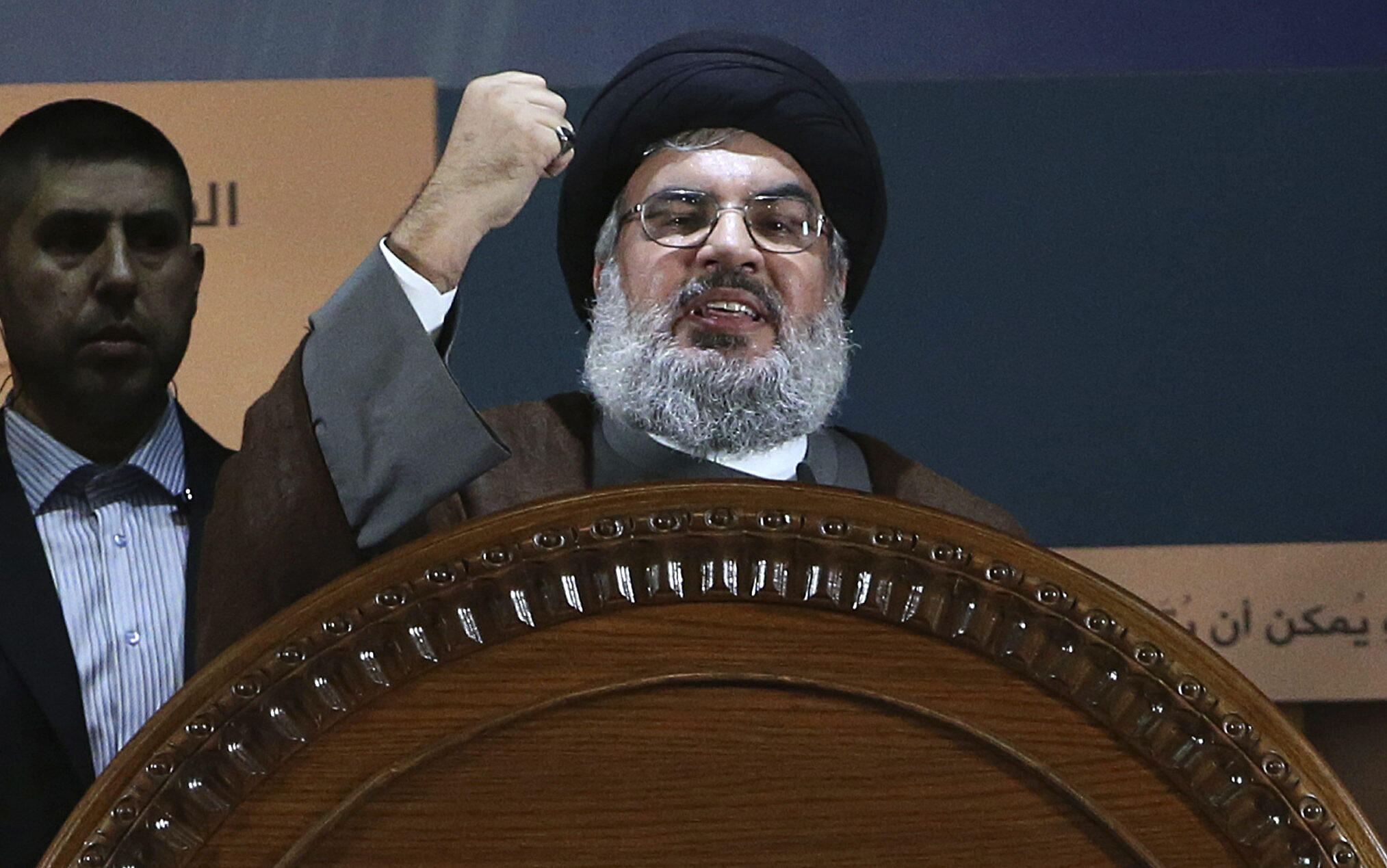Iran, as expected, launched a vehement attack on US President Biden’s visit to the Middle East, especially on the “Declaration of Jerusalem” he signed with Israeli Prime Minister Yair Lapid. It has moreover sought to mobilize its regional allies in this campaign, who sent escalatory messages to both the US and Israel. Iran’s President Ebrahim Raisi declared, during President Biden’s visit, that any wrong steps by the US will be met with dire consequences. A few days later, the spokesperson for Iran’s foreign ministry argued that President Biden’s statements aim to create tension in the region. Iran accompanied these statements by announcing the establishment of its first naval squad capable of launching drones from ships and submarines in the Indian Ocean, for combat as well as search and destroy purposes.
It is noteworthy that Iran appears to have incited its regional allies to participate in this escalatory messaging, as illustrated by three developments:
Threats from Hezbollah: During his speech commemorating the Israeli Lebanese war of 2006- which coincided with the US President’s visit to the region- Hezbollah leader Hassan Nasrallah made direct threats against Israel, which were also aimed at the US. Nasrallah, in reference to the gas field in the Mediterranean contested by both Israel and Lebanon, said that if Lebanon were to be prevented from exploiting its own resources in order to overcome its current crisis, no one will be able to extract or sell oil and gas. He said his message was directed at both the US and Israel, and that Hezbollah would also be monitoring all gas fields along Palestinian maritime borders as well.
Pressure to name a pro-Iran prime minister in Iraq: Pro- Iranian political factions in Iraq are escalating pressure to name a prime minister from their ranks, after the Sadrists resigned from Parliament. from the coalition government that was to be formed. These factions met on the 15th of July to discuss the election of a new President, who would then call on the parties holding a parliamentary majority, to form a government. These factions are attempting to minimize the impact of what are claimed to be leaks of recorded conversations in which Nouri Al-Malki, one of the most prominent pro-Iranian politicians in Iraq, severely criticized Moqtada al-Sadr. Al-Malki denied these recordings were authentic, and some factions within the pro-Iranian bloc feel that they are aimed at inciting Sadrist supporters to take to the streets once more. Their objective in this case would be to push for another round of parliamentary elections, and once more become part of the political equation in Iraq.
Houthi Hints of an end to the ceasefire in Yemen: The Houthi Militia has been sending implicit signals that it could reject an extension of the UN-sponsored ceasefire that ends on the 2nd of August. The Houthi “Supreme Political Council” has declared that the truce was a “disappointing experience” and cannot be repeated in the future. The Council also expressed its rejection of any understandings reached during President Biden’s visit to the region, as they would represent “a violation of Yemeni sovereignty” and undermine its security and stability.
Such escalatory messaging suggests that Iran and its regional allies have certain objectives in mind, which include:
Upping the pressure on Israel: Hassan Nasrallah’s rhetoric suggests that Iran and Hezbollah seek to put stronger pressures on Israel, by implying that the arena for confrontation has now been widened. The confrontation will no longer be confined to Syria, which has witnessed intense Israeli bombing, but would now include both Lebanon and Israel itself. Thus, while the US affirmed its support to Israel in its confrontation with Iran during the Biden visit, Iran in turn is demonstrating that this will not prompt it to deescalate vis-à-vis Israel. This is a response to Israel’s insistence that it will launch more attacks directed at Iran’s military and nuclear capabilities.
Threatening energy security: Nasrallah’s threats are directly linked to one of the major issues the Biden visit sought to address, which is convincing regional producers to increase output in order to reduce the current crisis and rising prices. The message here is clear, that Iran and Hezbollah can undermine energy supplies from the region if US promises to Israel were to take concrete shape on the ground. Nasrallah echoed previous Iranian threats in this respect, as Iran has frequently threatened that if it were prevented from exporting its oil, it would block the Straight of Hormuz, which would halt all exports from the region.
Asserting Irani influence in Yemen and Iraq: Both these issues were on the agenda during the Biden visit, and Iran is sought to demonstrate its influence on the political process in Iraq, and its ability to undermine the ceasefire in Yemen. Iran’s stance on these issues is not only related to the outcomes from the Biden visit, but also to other issues closely impacting its interest, especially the faltering nuclear negotiations. President Biden during his regional tour warned Iran that “negotiations would not go on forever”, while also affirming, in Israel, Washington’s commitment to preventing Iran from acquiring a nuclear bomb.
Demonstrating coordination with Russia: While Iran has been promoting the idea that returning Iranian oil to the global market would help alleviate the current energy crisis, it is also keen on maintaining good relations with Russia. Russian President Vladimir Putin visited Iran on the 19th of July, only a few days after Biden’s visit to the region, which suggests that Iran and its allies, especially Hezbollah, will not allow Russia to be isolated, nor to allow its use of “the energy card” to pressure the West, to be undermined.
Iran’s escalatory rhetoric does not however mean that it has changed its expressed interest in improving relations with its regional neighbors. Iran is likely to maintain its current “dual strategy”, aimed at allowing the maximum scope for maneuverability in dealing with recent regional developments, especially in light of faltering nuclear negotiations and mounting tensions with Israel.


